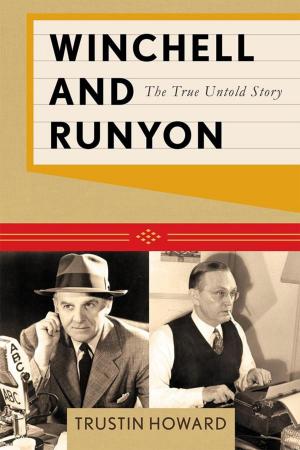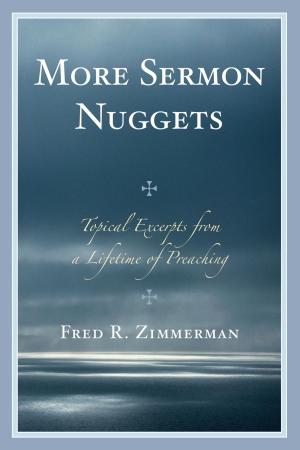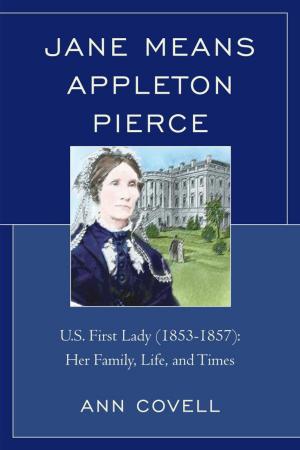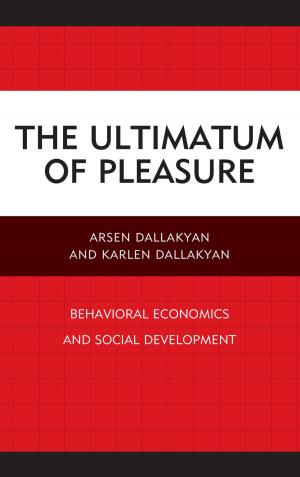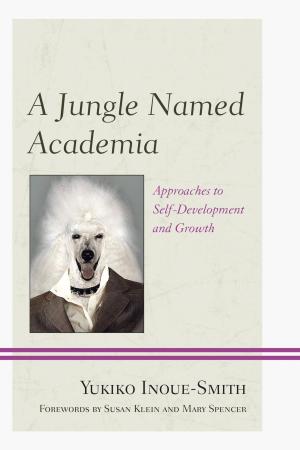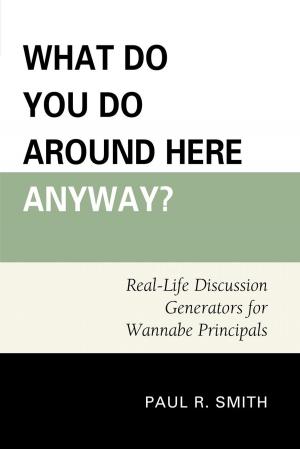Recalling Childhood
Nonfiction, Family & Relationships, Aging, Religion & Spirituality, New Age, Personal Transformation, Biography & Memoir| Author: | Elizabeth Arndt, Jake Dailey, George Dibley, Paul G. Halpern, B. A. Hussainmiya, Pradeep Kanthan, Colin Mackerras, Ruth Malcolm, Shakila Abdul Maman, Ooi Keat Gin, Hajar Abdul Rahim, Kenelm Robert, Georg Schmid, Sigrid Schmid-Bortenschlager, Kobkua Suwannathat-pian, Lorraine Wheeler, Rupert Wheeler, Wang Gungwu | ISBN: | 9780761869498 |
| Publisher: | Hamilton Books | Publication: | July 3, 2017 |
| Imprint: | Hamilton Books | Language: | English |
| Author: | Elizabeth Arndt, Jake Dailey, George Dibley, Paul G. Halpern, B. A. Hussainmiya, Pradeep Kanthan, Colin Mackerras, Ruth Malcolm, Shakila Abdul Maman, Ooi Keat Gin, Hajar Abdul Rahim, Kenelm Robert, Georg Schmid, Sigrid Schmid-Bortenschlager, Kobkua Suwannathat-pian, Lorraine Wheeler, Rupert Wheeler, Wang Gungwu |
| ISBN: | 9780761869498 |
| Publisher: | Hamilton Books |
| Publication: | July 3, 2017 |
| Imprint: | Hamilton Books |
| Language: | English |
What can you remember of your childhood? This was the question put to a number of ‘seniors’ asked to start from as far back as they could get, and go as far as the onset of adolescence. Their answers are in this unusual book.
Topics naturally include their physical self; their parents, siblings, grandparents, friends, playmates, teachers, classmates, pets; their manners, training, rewards and punishments; food; play, toys; likes, dislikes; schools, kindergarten, elementary; outings, holidays, travel; notable experiences; dreams, nightmares, pleasures, fears.
They were also invited to give an account of their physical surroundings, their home, and the context of everyday life, what they took for granted; and to draw attention to a past in which so much of what is now common was then absent: TV, cell-phones, ubiquitous motor cars, air travel.
The question was directed to and accepted by people from a number of countries and with a range of experiences. Several are or were academics, and the introduction contains some comments on memory and points to commonalities among the remembered experiences, as well as differences. But the book is mainly for the general reader, who may want to ask: what can I remember of my childhood? - Let me try!
What can you remember of your childhood? This was the question put to a number of ‘seniors’ asked to start from as far back as they could get, and go as far as the onset of adolescence. Their answers are in this unusual book.
Topics naturally include their physical self; their parents, siblings, grandparents, friends, playmates, teachers, classmates, pets; their manners, training, rewards and punishments; food; play, toys; likes, dislikes; schools, kindergarten, elementary; outings, holidays, travel; notable experiences; dreams, nightmares, pleasures, fears.
They were also invited to give an account of their physical surroundings, their home, and the context of everyday life, what they took for granted; and to draw attention to a past in which so much of what is now common was then absent: TV, cell-phones, ubiquitous motor cars, air travel.
The question was directed to and accepted by people from a number of countries and with a range of experiences. Several are or were academics, and the introduction contains some comments on memory and points to commonalities among the remembered experiences, as well as differences. But the book is mainly for the general reader, who may want to ask: what can I remember of my childhood? - Let me try!




